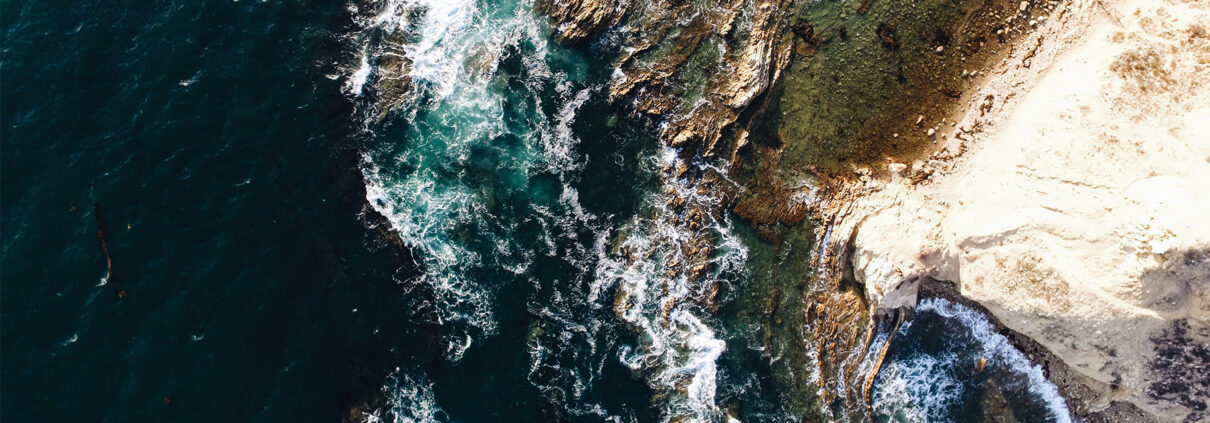In October 2024, Ocean Science Trust partnered with the co-leads of the Ocean Carbon and Biogeochemistry program’s “California Current Regional mCDR Node” and the Southern California Coastal Water Research Project to host a workshop exploring the potential of marine carbon dioxide removal (mCDR) in California coastal waters. This in-person event brought together experts from scientific institutions, industry, NGOs, and government to identify potential environmental effects of various mCDR approaches and prioritize research needs.
Cross-sector Recommendations to Advance mCDR Science in California
By Kevin Travis
January 22, 2025Why mCDR?
mCDR approaches aim to enhance the ocean’s natural ability to absorb and store carbon dioxide from the atmosphere. While most carbon removal efforts in California are currently land-based, mCDR could be an important part of the state’s climate goals. However, the potential impacts of these technologies on marine ecosystems remain uncertain, requiring a proactive approach to research and monitoring. Over two days, through presentations and breakout sessions, the workshop tackled these challenges by:
- • Summarizing the anticipated environmental effects of three mCDR approaches
- • Identifying components of an assessment framework to evaluate these effects
- • Prioritizing research needs for mCDR in California coastal waters
Recommendations to Advance mCDR Science in California
Among other outcomes, workshop participants developed several recommendations to advance mCDR science in California, emphasizing the need for further research, collaboration, and careful planning. These recommendations aim to better understand the safety, efficacy, and tradeoffs associated with mCDR in California:
- • Incentivize cross-sectoral research partnerships and “innovation hubs”.
- • Encourage public-private partnerships and creative funding mechanisms.
- • Coordinate the use of existing monitoring systems and long-term data sets.
- • Research and evaluate co-benefits such as workforce development.
- • Build strong community relationships early in the project design phase.
The workshop underscored the need for further research and collaboration to responsibly advance mCDR in California, balancing potential risks with the urgency of climate action.





